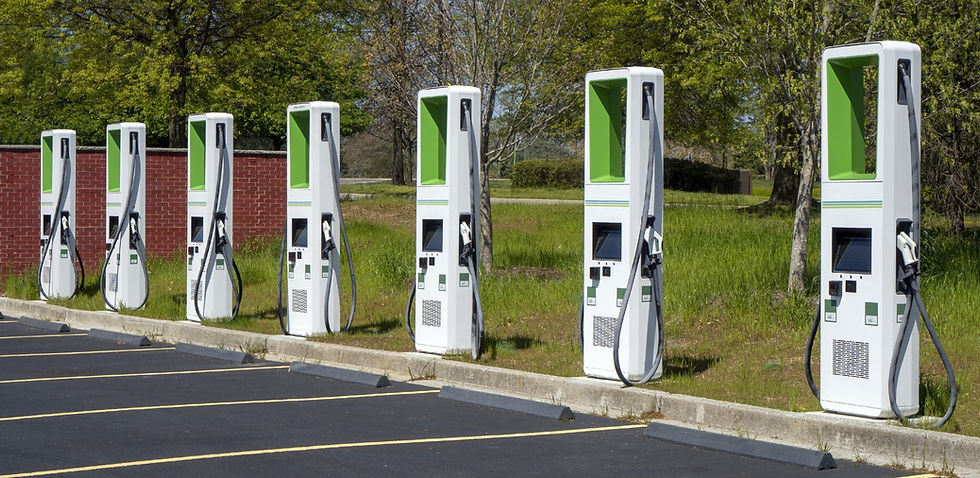Car Wash Services: Consumer Trends and Innovations Shaping the Industry
- michalmohelsky
- Feb 10, 2024
- 2 min read

Economic Factors and Consumer Preferences Reshape Car Wash Service Demand
Recent years have seen varied consumer demand across different segments of the car wash industry, influenced heavily by economic factors such as inflation and shifts in consumer behavior.
One notable trend has been the changing consumer appetite for comprehensive cleaning services offered at conveyor or tunnel car washes.
These establishments, which provide thorough interior and exterior cleaning through a mix of automated machinery and manual labor, have seen a decline in demand. This downturn is attributed to rising inflationary pressures and a decrease in disposable income, leading consumers to opt for more cost-effective vehicle maintenance solutions or different modes of transportation altogether.
Similarly, services focusing solely on exterior cleaning at conveyor car washes have experienced a decline. Despite the efficiency of express conveyor washes that offer quick exterior cleaning, economic uncertainties and the COVID-19 pandemic have prompted consumers to reduce discretionary spending, including on car maintenance.
Conversely, the detailing services segment, which includes meticulous manual cleaning of both the interior and exterior of vehicles, has seen an uptick in demand. This rise is closely tied to the surge in used vehicle sales during the pandemic, as sellers aim to enhance their vehicle's appeal and value through detailed cleaning.
The in-bay automatic car wash segment, known for its automated and contactless service, has generally enjoyed popularity for its convenience and affordability. Despite this, the segment has not been immune to the effects of inflation, which has somewhat dampened consumer demand.
Self-service car wash bays also felt the impact of the pandemic, with demand declining as people traveled less and sought to avoid public spaces. However, this segment offers an economical and flexible option for those preferring to personally wash their vehicles.
Hand-washing services, while representing a smaller portion of the market, cater to customers seeking meticulous care for their vehicles. The demand for these services has been affected by the pandemic and subsequent social distancing measures, yet a dedicated customer base remains, valuing the personalized touch of manual cleaning despite the broader economic challenges.
Innovation Drives Efficiency and Sustainability in Car Wash Services
Amidst these shifts in consumer preferences, the car wash industry is witnessing significant innovations, particularly in the adoption of eco-friendly cleaning materials and automated cleaning equipment. Environmental considerations have led to the increased use of biodegradable soaps and detergents, reducing water usage and appealing to eco-conscious consumers.
Furthermore, the integration of automated cleaning technologies is transforming the industry. Conveyor car washes and in-bay automatic services are leveraging advancements in machinery to enhance cleaning efficiency while managing operational costs. This technological progression not only improves service quality but also aligns with consumer expectations for quick and effective cleaning solutions.
As the car wash industry navigates these complex trends, the focus on sustainability and technological innovation will likely continue to play a pivotal role in shaping service offerings and consumer demand.




Comments